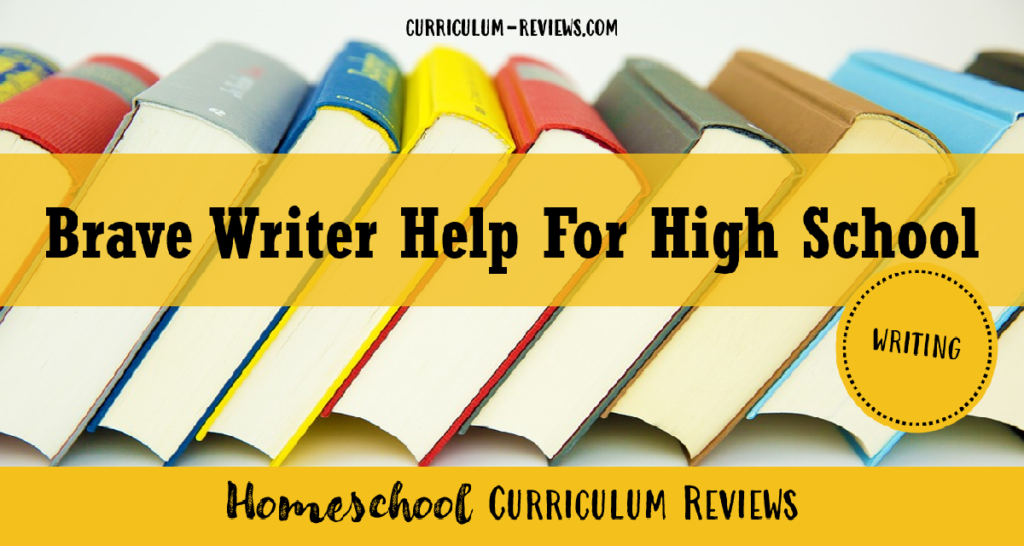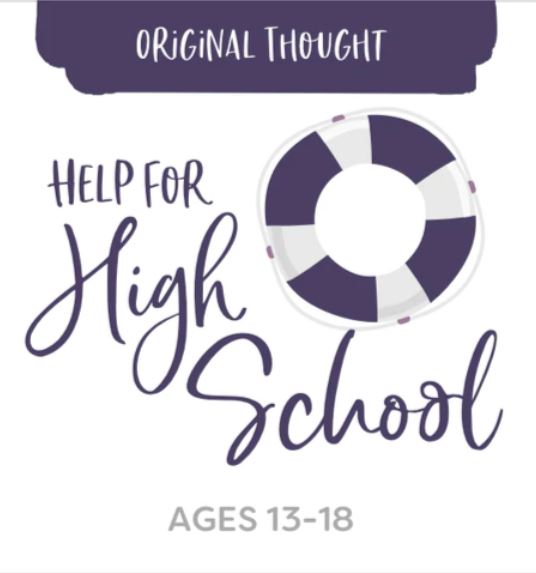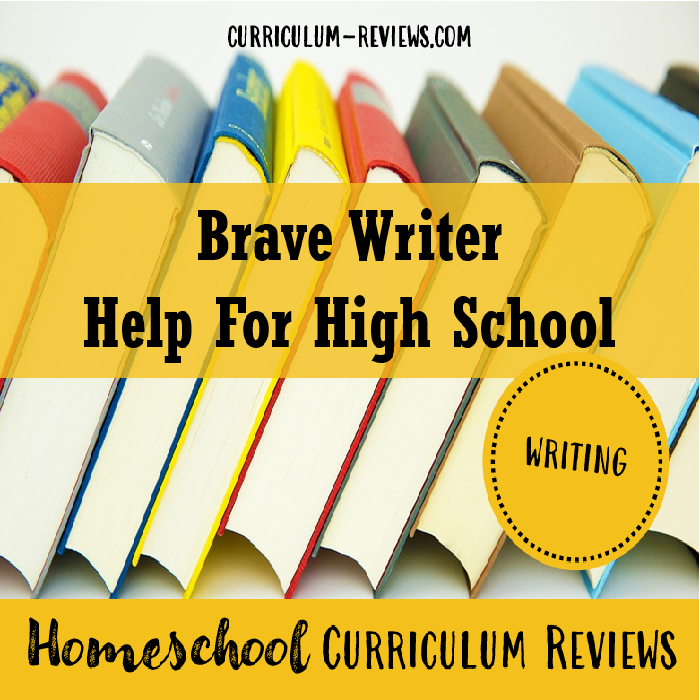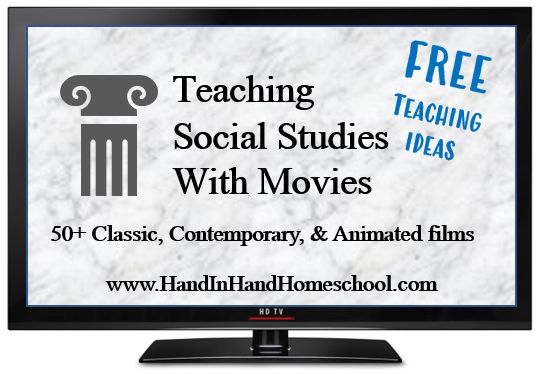
Brave Writer

Target Grade Level: 9th – 12th
Brave Writer’s Help for High School is a semester long program designed to “help teens learn how to think, argue, and create their own powerful writing at the same time.” It’s aimed for a teen to read and work through independently, with the parent as “ally” (the author’s word), available for support and conversation while also editing and marking assignments for clarity and thoroughness. Two essay types are addressed, a closed form essay (the traditional formal essay of academic writing) and the open form essay (more informal with the thesis less obviously stated and with a more literary bent). Bogart adds a third category, a hybrid of sorts, which she calls investigative essay writing (or later, an exploratory essay), which seems to be an examination of a problem or question without a specific thesis. An expository essay (closed form and argumentative) follows, with materials on paraphrasing and summary.
Help for High School is broken into two parts, Preparation for Essay Writing and Essay Writing. For each module (chapter), the student reads the material and does some writing. For the first half of the book, most of this writing is personal and highly informal. The purpose seems to be to relax the student and encourage thinking about subjects from different angles. For all the assignments, the student picks the topic. Assignments in the first section are designed to help students make associations between topics and their own beliefs, values, and experiences. Students are stretched to come up with, for example, colors and shapes that indicate confusion for the student or names of people the student thinks of when thinking of the word “greed”. While some of this brainstorming and prewriting leads to slightly longer assignments, most is done and set aside, with a focus on the process of generating ideas and thoughts rather than developing those ideas and thoughts into a full piece of writing. There is a sense of “trust the process” through this first half of the book, which can be challenging to sell to a critical young thinker who wants the whole picture from the start.
In the second half, the essay writing portion, the assignments gradually shift. Attention to asking a meaningful question to explore comes first, with an assignment of a first-person essay that simply looks at a question from many angles with no clear thesis or outcome. As she approaches the expository essay, she raises the question of thesis with tension. Bogart differentiates between topic and thesis quite well, since many a student essay falls flat for lack of a strong thesis that matters. Her attention to support (which she calls points) and details to support those points (particulars) leads to an outline format that should guide a writer to producing a more organized essay that stays on track.
Paraphrasing and summarizing receive a module, but, despite examples of direct quotations in the sample essay, quotations do not get much attention. She briefly covers introductions and conclusions as well as essay structure for the five-paragraph essay. MLA citations are mentioned and used in an example but not taught. Formality, addressed fairly thoroughly, is mentioned much earlier in the text and would be more appropriate within the essay writing portion of the text. It goes unused early on, where the writing is personal, and its lessons could easily be forgotten. This portion of Help for High School is a fairly strong yet far too brief introduction to the essay.
Overall, Brave Writer’s Help For High School places more focus on lists of associations, personal anecdotal writing, and informal free writing rather than on teaching the expository essay. Her section on the expository essay itself — the sort of essay needed for high school and beyond — is but a small portion of the book. While this focus could be helpful for an emotive child willing to brainstorm, free write, and associate creatively to see how those associations can move from thought to essay, it will fall short for families looking to develop critical high school writing skills.
Much of the first section of the book is intensely personal, and for a sensitive or private kid, the assignments are just too revealing, even if they are only viewed by Mom or a tutor. Brave Writer’s Help for High School is, however, gentle. If the goal is to move a comfortable writer who doesn’t mind the level of sharing the text requires, then it succeeds.
The program is remarkably homeschooling- and teen-friendly. The language is designed to be accessible to the teen and to feel conversational. Some of her topic suggestions (and one of the two formal essay examples) are about homeschooling issues specifically, while others are about topics she thinks might matter to teenage homeschoolers.
This is a secular curriculum. Bogart spends a few pages on writing and faith, noting that “the vast majority” of the homeschoolers she knows are Christian. Early in the book, she differentiates between apologetics and strong academic argument clearly and firmly without putting down the importance of faith in the lives of her students. She weaves in a discussion on audience, encouraging writers to consider the appropriateness of apologetics or reliance on the Bible as evidence for a statement. While there are mentions of religious belief in some of the essay and other writing examples, they are not present in the two formal expository samples and aren’t likely to be a problem for anyone, secular or religious.
NOTE: This review originally appeared on Sarah Butler’s blog, Quarks and Quirks and is reprinted with permission.

About the Author: Julie Bogart, creator and owner of Brave Writer, grew up in southern California, attended UCLA (Bachelor’s in history, 1983), studied abroad in France, spent a summer in Democratic Republic of Congo, lived in Morocco for four years, and earned her Master’s in theology from Xavier University (2007). She has 5 kids and homeschooled them for seventeen years. Her professional writing credentials include ghostwriting, freelance writing, editing books, operating as the senior editor for a quarterly industry publication, and writing a weekly column for United Press International. Julie taught theater and writing for her Cincinnati homeschool co-op of 300 students for 10 years. Brave Writer opened its doors in January 2000 and has taught tens of thousands of families from all around the globe.
Date of Review: January 2014

